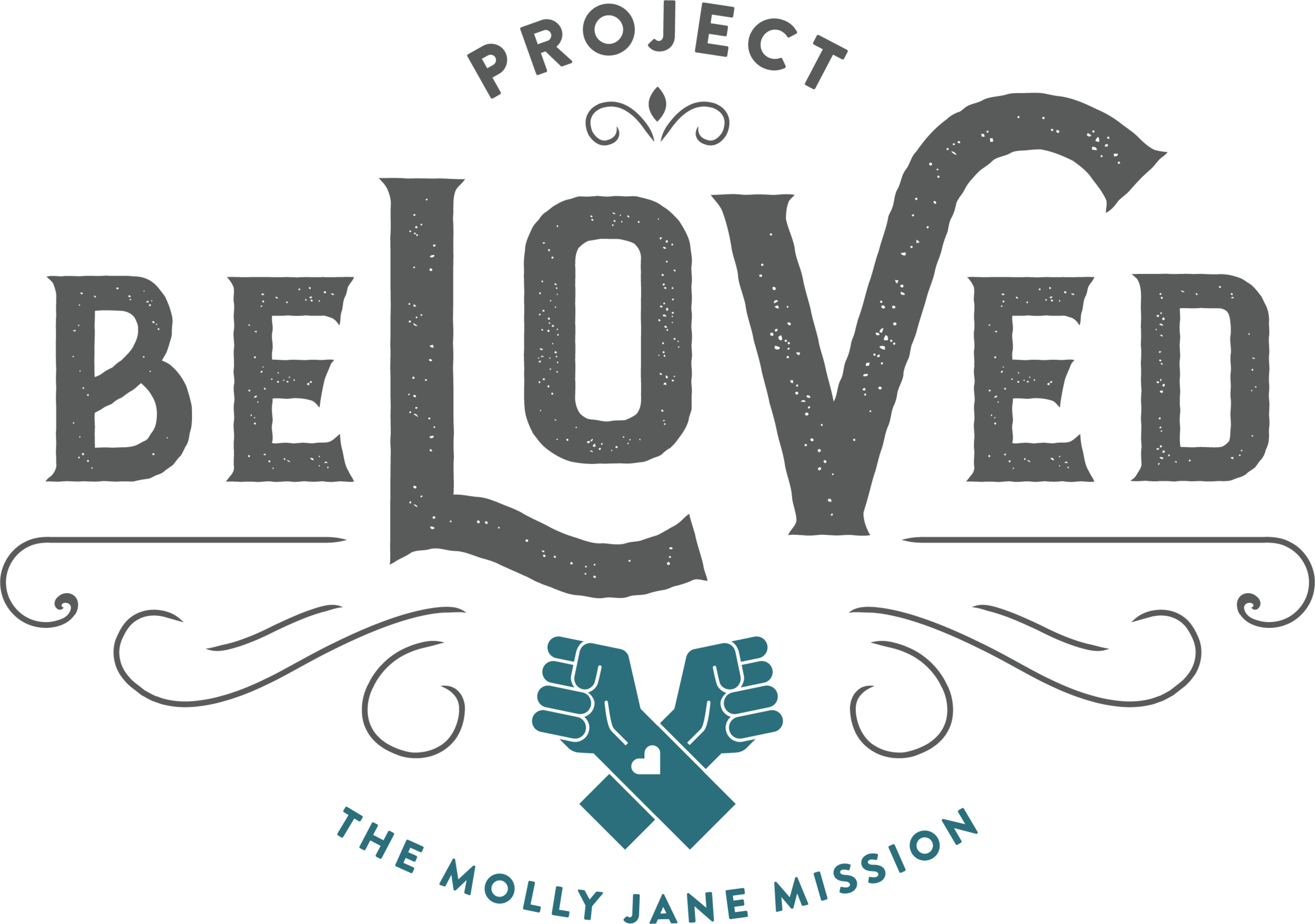By: Ciara Hulet
Published December 5, 2022
Warning: This story contains descriptions of sexual assault and violence.
In the University of Utah’s recently unveiled police station, you’ll find something new. The facility includes a “soft interview room” — a space meant to help sexual assault victims feel more comfortable reporting crimes.
The room looks like a therapist’s office, or maybe even a spa. Warm lamps illuminate teal and gray couches, draped with weighted blankets. A diffuser emits a washed out green glow on the soft, felt walls.
A painting hangs on the emerald green back wall. “A forest with purple flowers and the sun coming through on the other side of the trees, sort of relating hope through the art,” said Hilary White, the crime victim advocate coordinator for the University of Utah Police.
Until now, everyone — suspects and victims — were interviewed in the same cold, sterile room.
This new warm and comfortable space is cropping up around the country. Tracy Matheson is the president and founder of Project Beloved, a Texas-based nonprofit that helps sexual assault survivors. One of its initiatives is partnering with law enforcement agencies to install soft interview rooms.
Matheson did not design the U’s room, but she will have installed 58 of these rooms in 17 states by year’s end. She said a soft interview room is the first step in a trauma-informed investigation.
“In the past, I think we've made some wrong conclusions that a victim is maybe lying or that maybe it didn't really happen the way they said, when in fact, they've experienced a traumatic event instead,” said Matheson.
Victims have told Matheson that the room made a huge difference for them. When victims feel more comfortable, she said they might be more willing to open up and officers might be more receptive to their stories.
White, the unviversity police’s victim advocate, said there has been a noticeable difference in their officers.
“Mostly in the way that they sit – the demeanor. Maybe they can lean back against the chair a little bit or feel like this is a good space that's going to take care of the victim.”
“They did not believe the victim”
For Matheson, advocating for victims is very personal. In 2017, her daughter Molly was raped and murdered.
“I discovered her body, and a parent's worst nightmare began to unfold,” Matheson recounted.
The suspect had been reported multiple times for raping and strangling women in Texas, but police didn’t follow through with the reports.
“They did not believe the victim. They believed him. These were multiple chances, different jurisdictions. And nobody could figure out that this was a dangerous individual,” said Matheson.
The suspect ultimately pleaded guilty to Molly Matheson’s murder, four sexual assaults and another homicide. There’s a lot Tracy Matheson says should have happened differently, and she believes that if there had been a soft interview room for those other victims, officers might have taken their reports more seriously. And maybe Matheson’s daughter would still be here.
But Matheson said just having the room is not enough.
“If all it is is a pretty room, if everything that happens in that room is the way it's always happened, then that's all it will be – a pretty room. It is absolutely imperative that everything that takes place in that room and the conversations and such are all delivered with an understanding of trauma,” she said.
Change prompted by trauma
U of U Interim Police Chief Jason Hinojosa said their soft interview room is just one of many changes they’ve made in the wake of Lauren McCluskey’s murder. The University of Utah athlete was killed on campus by an ex-boyfriend in 2018. McCluskey reported to university police that she was being harassed. The university has since acknowledged it mishandled the case.
Now, Hinojosa says all their investigators are trauma trained.
“It has to be a continual process, right? There's no such thing as a one-and-done training,” he said.
Hinojosa has been working to change the kind of questions officers ask victims. The chief also said active listening and communication are key.
“We're very skilled at investigations, at legal stuff, but sometimes we forget we're dealing with people. We're dealing with human beings who have probably gone through the worst time of their life and there's no rush. So let's slow down. Let's listen. Let's communicate better.”
Matheson said police trauma training is a move in the right direction and looks forward to more change.
“I hope that there will come a day where a soft interview room is just sort of common practice, that that's the only type of space that is used with any victim of any crime,” she said.
When that day comes, Matheson hopes stories like her daughter’s and Lauren McCluskey’s will be less common.
If you’ve experienced harm, the number for the sexual assault hotline is 1-800-656-4673 or you can chat online here.
